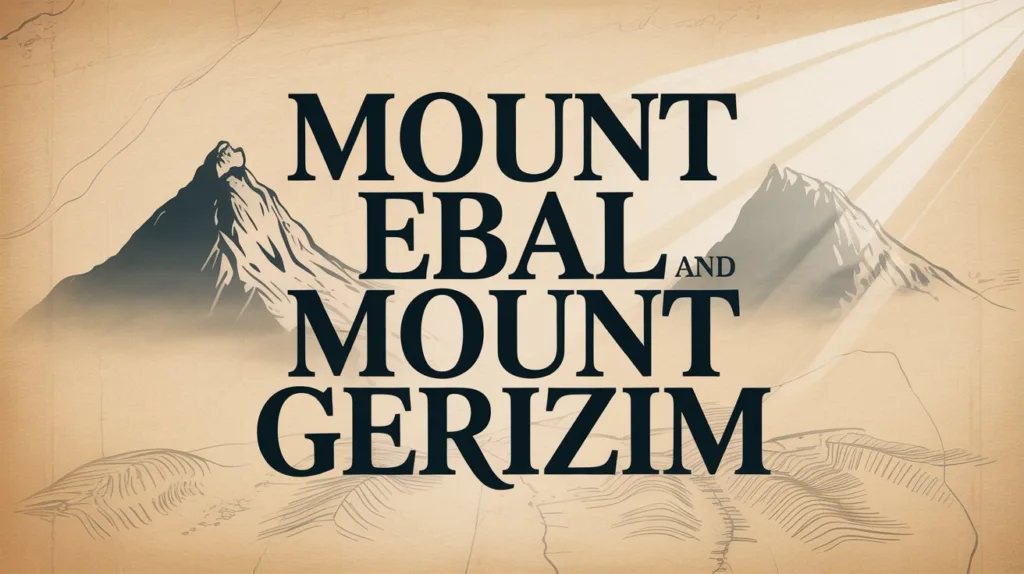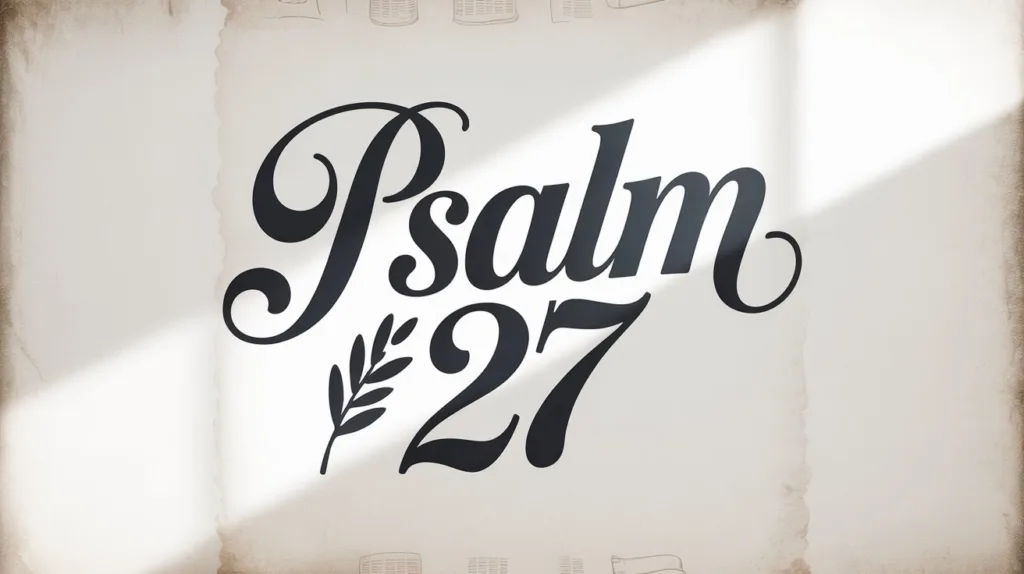The Christian Foundation of America: Examining our Heritage
The story of America’s founding begins long before 1776. It begins in 1620, when a small band of Pilgrims sailed across the Atlantic seeking freedom to worship God. Their very first political document, written aboard the Mayflower, reveals the Christian...










